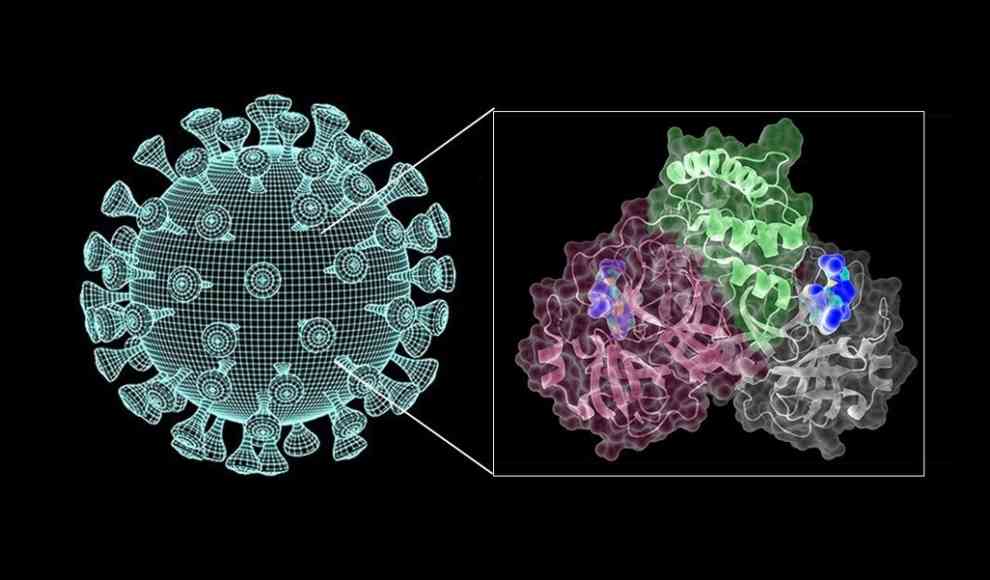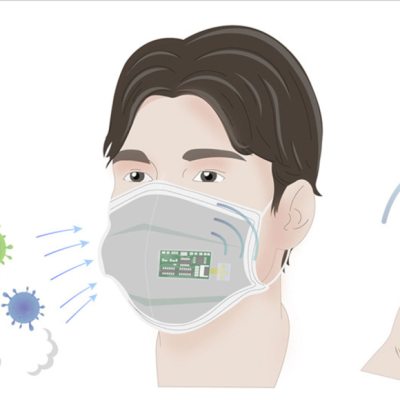A new drug has been found to significantly inhibit the replication of the coronavirus in animal testing and human cell cultures. Due to the specific characteristics of the main protease, side effects and cell damage in humans are almost excluded by this treatment approach. Scientists around the world are working on vaccines and drugs against the often deadly disease due to the exponentially increasing infections with the coronavirus. Researchers at the University of Lübeck have now developed a new approach for an antiviral drug against the coronavirus, according to a publication in the journal Science. The group led by Linlin Zhang and Rolf Hilgenfeld has decrypted the structure of the virus’s main protease, which is the enzyme the virus needs to copy its RNA from the host cell.
The virus produces polyproteins, which are large protein complexes that the main protease then cuts into twelve smaller proteins. This is followed by the replication complex, which starts the multiplication of the virus RNA in the human body. The virus replication can be inhibited by blocking the main protease. The decryption of the enzyme structure now opens up faster and more accurate possibilities for the development and optimization of inhibitors against the coronavirus. In addition, inhibitors against this viral main protease are highly unlikely to be toxic because there is no human protease with similar specific characteristics. Therefore, cell damage and severe side effects are very unlikely.
Tests with a drug that the researchers originally developed against MERS-CoV and other coronaviruses also proved effective against SARS-CoV-2. In mice that were given the drug by inhalation spray or injection, the drug accumulated in the kidney and lung, the organs where the coronavirus causes the most damage. In tests with human cell cultures that were previously infected with SARS-CoV-2, the drug significantly inhibited the replication of the coronavirus and thus contained the infection. The researchers conclude from these results that inhalable drugs can block the viral main protease and thus be an effective means against the coronavirus. However, the development of an inhibitor for humans is still in its early stages. It will take several years before the drug can be developed into an anti-coronavirus medication. Currently, the researchers are looking for funding for clinical trials, which are essential before a drug can be approved. Therefore, the new drug cannot be used in the current pandemic yet.










